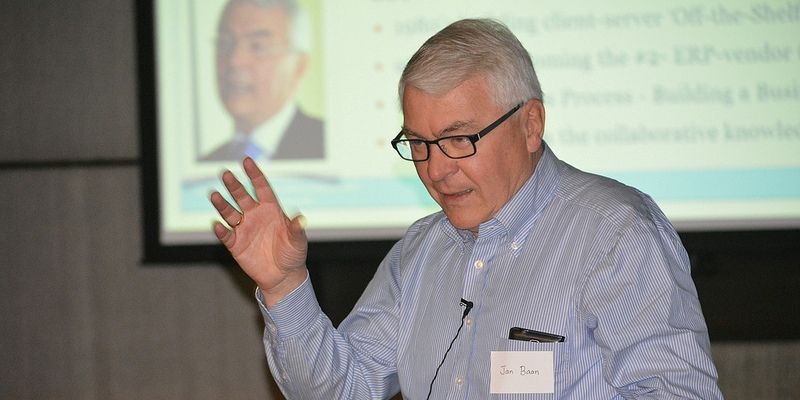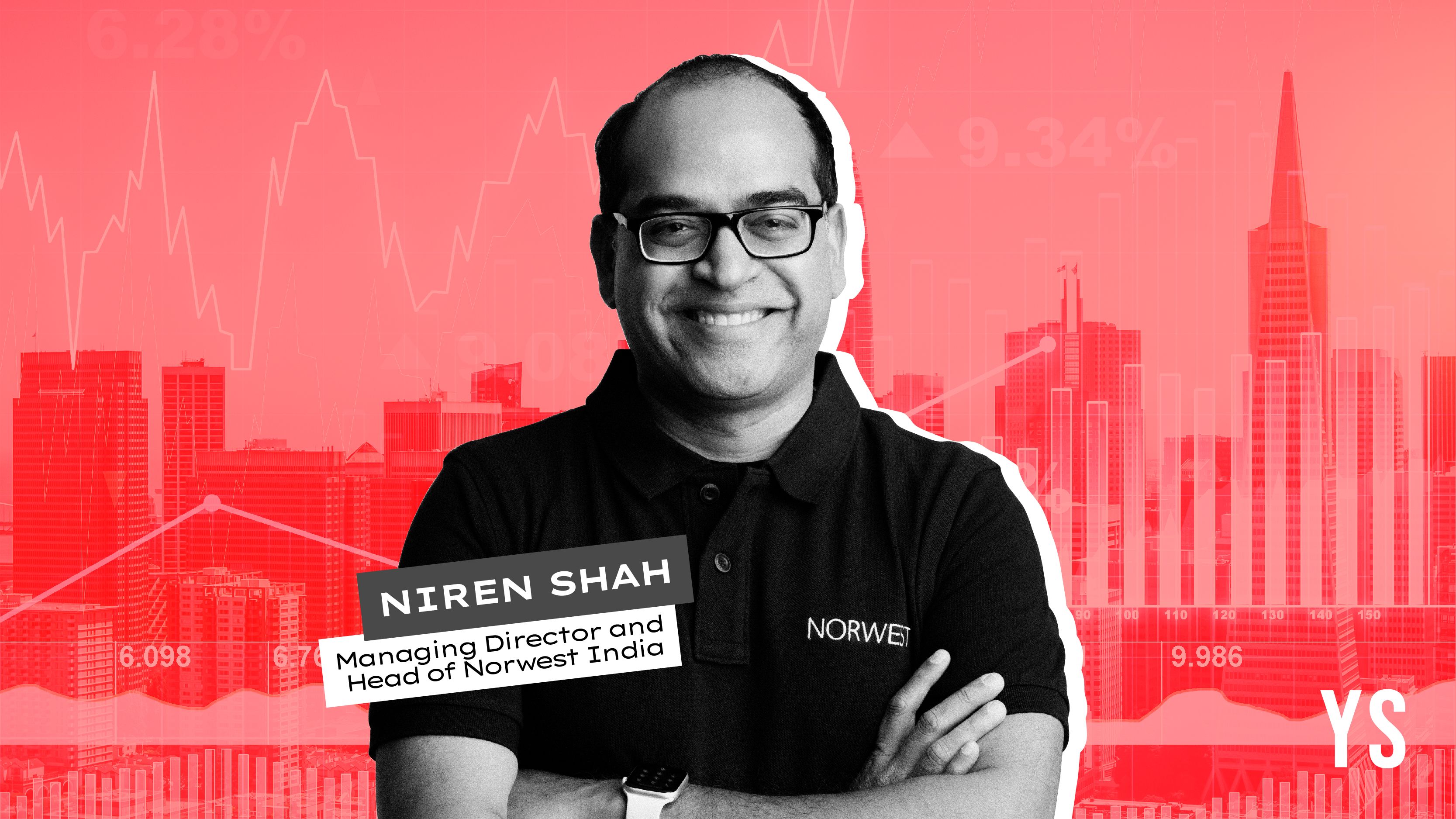‘We are working towards getting people to say ‘no’ in India,’ Jan Baan, Dutch serial entrepreneur and VC
Jan Baan is a serial entrepreneur and Venture Capitalist. He founded Baan Company in 1978 and built it into a Fortune 500 company. In his 30 year entrepreneurial journey he started Cordys Software and currently heads The Vanenburg Group. He was one of the early investors in WebEx and Top Tier, both acquired by Cisco and SAP respectively. He is acknowledged for playing a key role in establishing the ERP and BPM markets globally.

He was at Coimbatore for the launch of Kovai TechStart, a For Purpose Organization co-created by a group of tech enthusiasts, tech entrepreneurs and partner organizations to improve Coimbatore's technology ecosystem.
YS: Where did the entrepreneurial seed come from? Any incidents from childhood that you can think of?
JB: The entrepreneurial spirit is partly in the DNA. My grandfather started a passenger transport (bus) company in 1920, which is now one of the biggest in The Netherlands. I'm not often satisfied with the as-is situation. I am always thinking how to improve the situation -- this attitude led me to question the status-quo, seeking how I could improve things and take advantage of a certain trend in the market.
YS: What are your lessons from this journey?
JB: Take the right people on the bus before starting your journey. Focus, focus, focus, and perseverance. Dare to throw your innovation away and start again from scratch, rebuilding it.
YS: What is the entrepreneurial ecosystem in Netherlands like? How did you build and sell companies in such a nascent ecosystem?
JB: The Netherlands has a long history of entrepreneurship, starting from one of the world’s first multinational corporations -- the Dutch United East India Company. The Netherlands has one of the highest percentages of people owning a startup company or persons who are planning to start a new company. Entrepreneurs inspire each other. For centuries, the Netherlands has been associated with trade.
Nowadays, the Netherlands is home to various leading international businesses such as Royal Dutch Shell, Ahold, KLM Royal Dutch Airlines and Philips. Moreover, nearly 8,000 multinational companies have their European headquarters here. This turns the Netherlands into an outstanding starting point to explore the history and identity of European entrepreneurship.
It's in our DNA to fight; being a country below sea-level, our fight with the sea is endless and has started when people decided to live here. That's how we learned about perseverance and finding innovative solutions, turning a danger into an opportunity. One of our biggest 'export-products' is our knowledge about water management.
However, I never bounded myself to The Netherlands or Europe only. My fundamental belief is that a company will benefit from different cultures (we were one of the first who started R&D for software in India) and needs success in the leading economies like US. The Dutch ecosystem is very much internationally oriented.
YS: What is your investment philosophy? What part of the startup did you bet on?
JB: I don't describe myself as an investor. I'm an entrepreneur who is caring about his baby (company/product). Not someone who is spreading all risks and betting on many different investments.
YS: What is the secret of M&A? Your backed companies have been sold to Cisco.
JB: Focus on doing one thing very, very good (make sure you have a competitive advantage) by combining the smartest guys on the planet. Let them first develop quietly something very good and innovative, then you need to attract a couple of light-house accounts (who validate the technology and also increase your credibility). Thereafter, when you're ready for the bigger market, try to get as many users (not revenue) as possible, but don't do it too early.
YS: What brings you to India? What excites you about Coimbatore?
JB: The great and very smart people. My smartest employees were always Indian engineers.
We have set up several projects in India, but always with an Indian manager. I started in Bombay (Mumbai) but relocated to Hyderabad. At that time, most of the IT employees were located in Bangalore, but business information did not seem to be safe there. There were several business takeovers. I now have an IT company in Coimbatore; there are a lot of highly qualified people there, though the atmosphere is quieter than Bangalore or Hyderabad. It has a nice climate but infrastructure is very good.
YS: How can the Dutch and Indian ecosystems work together?
JB: India is not innovative enough when it comes to IT as the focus is not on intellectual property (IP). The solution can be found in combining the knowhow of the Netherlands and India. We would never have achieved these innovations without India, but where a Dutch engineer would confidently disagree with his manager, his Indian counterpart would not. We are working towards getting people to say ‘no’ in India. We respect these cultural differences. For me, innovation in India means: ‘ensure quality awareness, and don’t plan for the short term.’ And innovation in the Netherlands means: ‘Don’t think you are superior, and understand both cultures. Keep asking questions, and appreciate the differences.’
YS: What are the three interesting things about the Dutch ecosystem?
JB:
- Employee disagreeing with his manager
- Entrepreneurial attitude
- Small country, so very much oriented towards international business
YS: How do you see the ecosystem shaping up in India?
JB: The government needs to do a lot more to facilitate knowledge exchange. India need to be careful since it is becoming too expensive, in part because of the several taxes. But it has huge pools of talent and very good education system.
Special thanks to Anil Kumar, CEO at mypromovideos.com for facilitating the interview.











